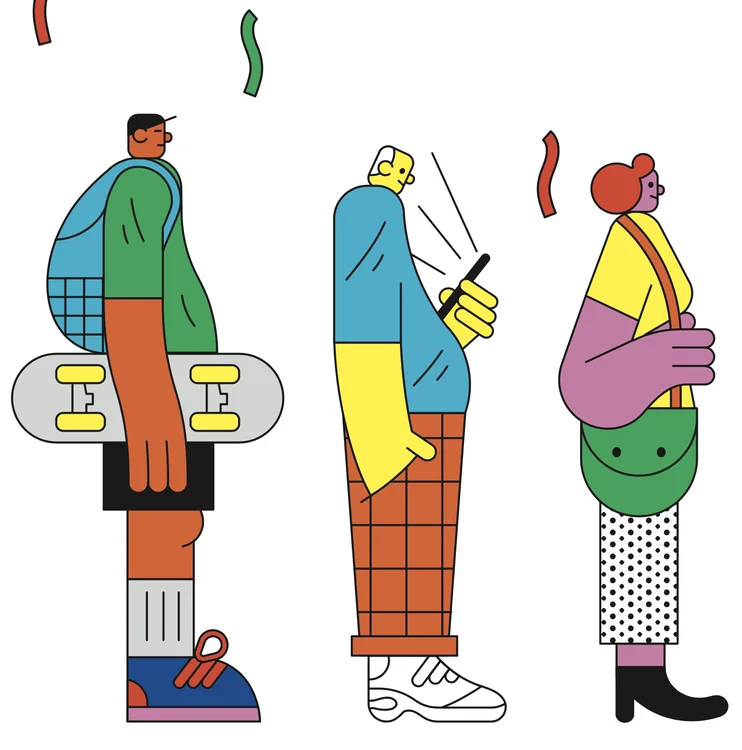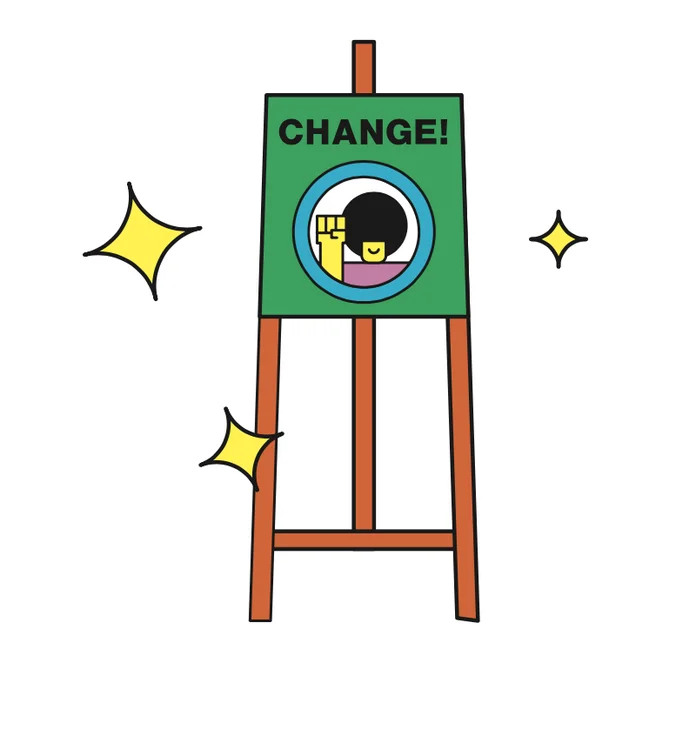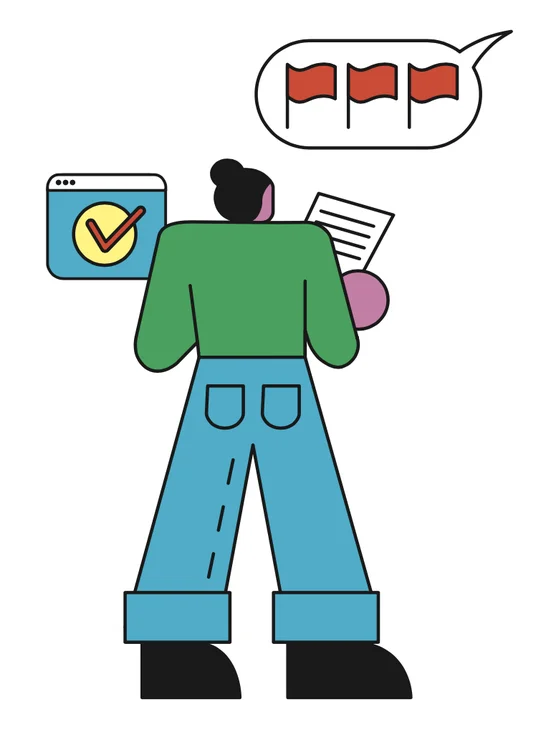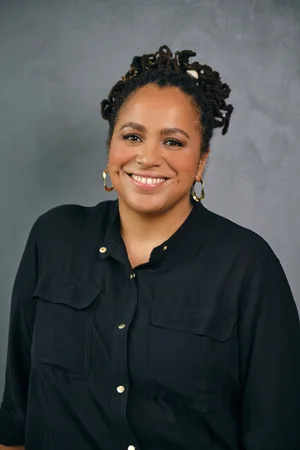What shapes us as human beings? What has racist socialisation done to us as individuals and to us as a society? How does this socialisation shape our encounters, our families, our partnerships? And what can we do to show racism in everyday life? What can institutions do?
These are some of the many questions that are on my mind.



